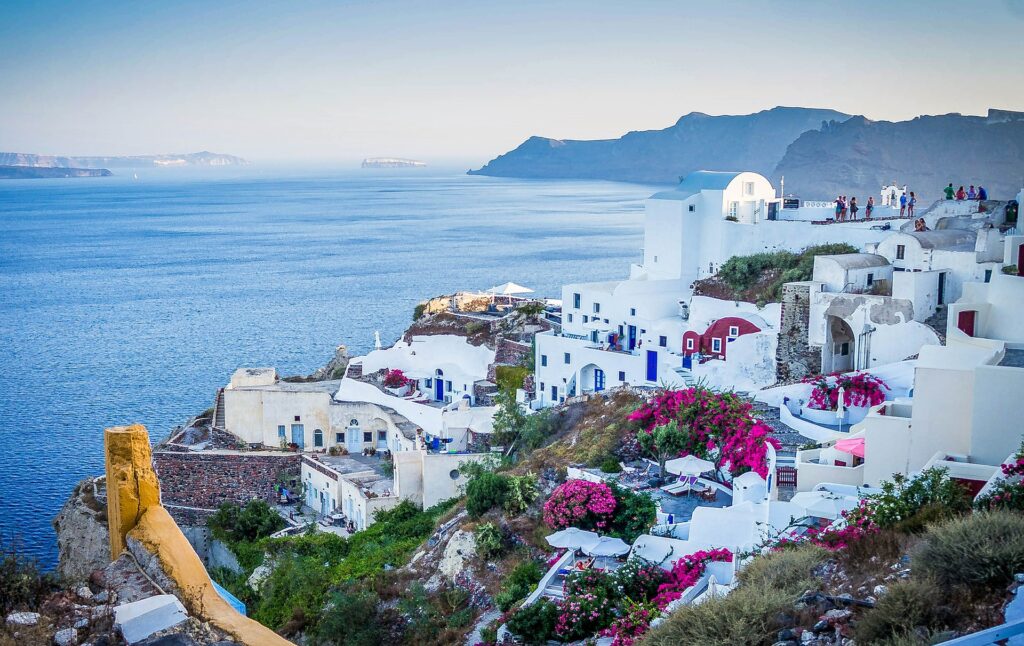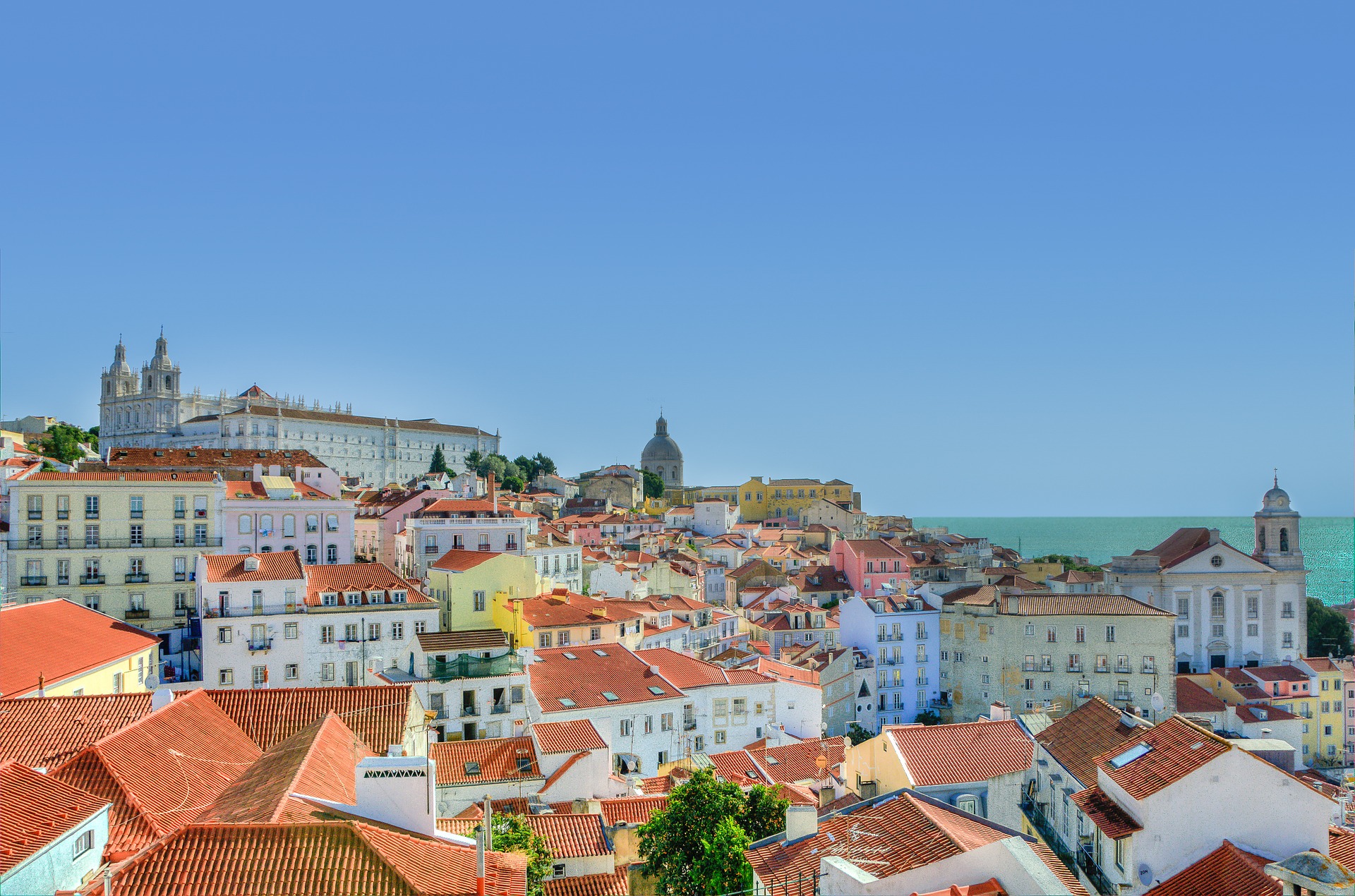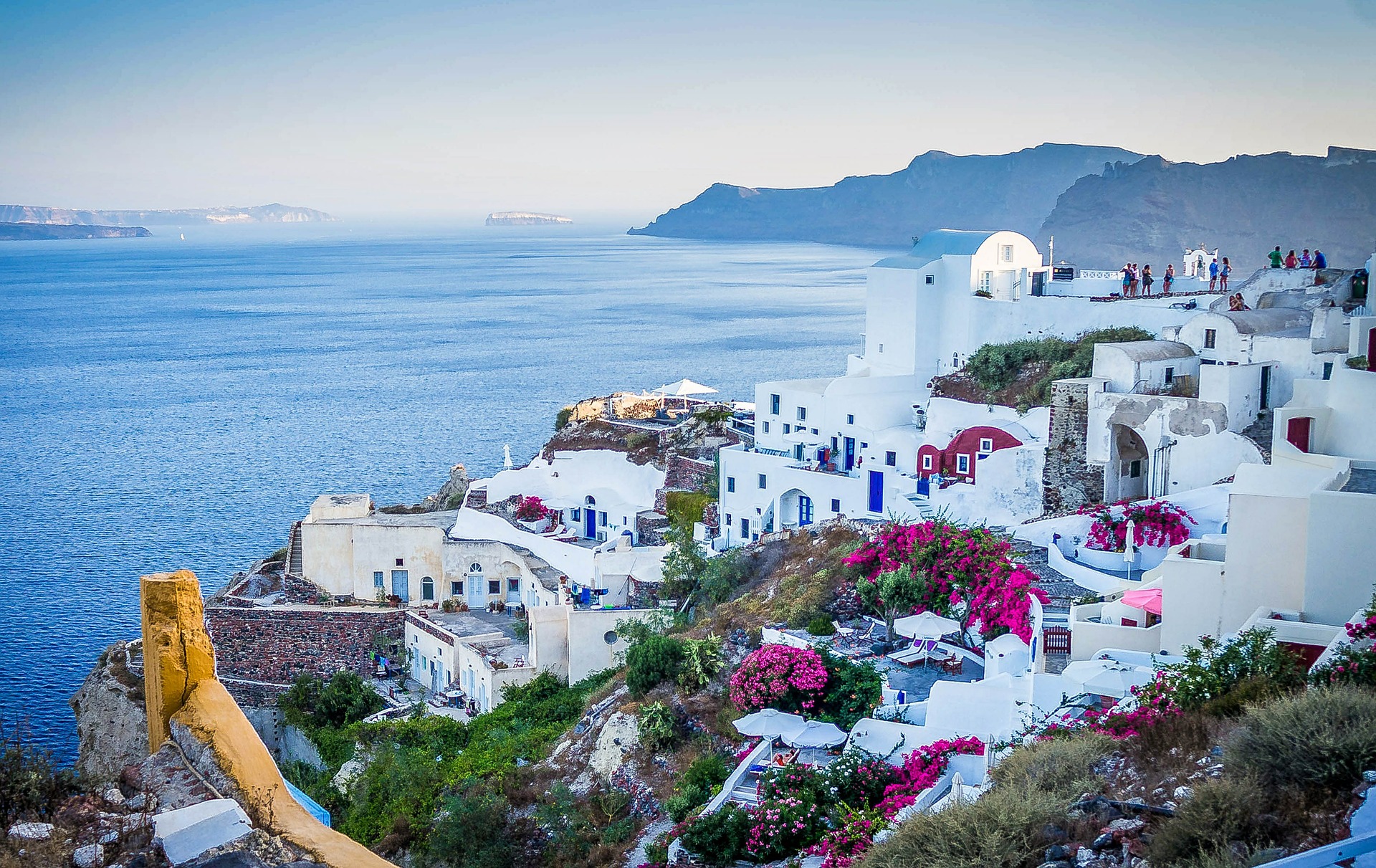Where Are Europe’s Best Golden Visa Schemes?

Whichever side of the Brexit fence you sit, you will be aware that freedom of travel for British citizens, within the European Union, is now limited to 90 days in any 180-day period. In order to stay for a longer period, British visitors to Europe will require a visa, for work or study, or a residency permit which can be renewed periodically, usually every five years.
One possible route to visa free travel within the Schengen area is to acquire a ‘Golden Visa’, a scheme by which the purchaser of property, above a certain value, can acquire residency rights for themselves and their family. There are currently 23 countries, world-wide, which offer such a scheme.
In Europe, ‘Golden Visa’ schemes are officially referred to as ‘Citizenship by Investment’ programs and according to a report by EuroNews Travel these schemes are currently attracting nearly 3 billion euros worth of real estate investment in the European Union, each year.
‘Get Golden Visa’ founder Murat Coskun believes that 2022 will be a year of ‘Golden Visa’ frenzy. This assertion is based on the evidence of increased uptake, despite the pandemic, and a belief that significant numbers of people are wanting to relocate within Europe.
 The enforced confinement of the pandemic has left many questioning where they live and how they live and whether they might be able to live a better life elsewhere. For the 48% of the population who voted ‘Remain’ a lingering desire to remain European citizens may also be a factor.
The enforced confinement of the pandemic has left many questioning where they live and how they live and whether they might be able to live a better life elsewhere. For the 48% of the population who voted ‘Remain’ a lingering desire to remain European citizens may also be a factor.
Working remotely, something which 18% of the global workforce now do, has also opened up the possibility of working in Europe. And as the U.K. cost of living rises inexorably, many of us are looking enviously at parts of Europe where the sun shines all year, and the cost of living is lower.
The general requirements for accessing a ‘Golden Visa’ are broadly similar from country to country. Applicants should have no criminal record and must have health cover for the country to which they are applying. Many countries only require you to spend a minimal amount of time in the country in order to qualify for residency.
Spain has long been a popular relocation destination for U.K. citizens in search of sun, but ‘Golden Visa’ uptake from the U.K. is surprisingly low and in 2019 Spain granted just 681 ‘Golden Visas’ and most of those went to Asian investors. The pandemic has decimated applications and there are those who fear a crash in property prices as the economy struggles to recover.
The threshold investment in Spain is 500,000 euros and there is an argument that this level of investment should be cut to 250,000 in order to stimulate investment. The Spanish route to residency is also slower than other schemes and full citizenship can only be achieved after ten years.
By contrast, Portugal’s ‘Golden Visa’ scheme has been a runaway success, even with the constraints of the pandemic, over 10,000 ‘Golden Visa’ applications were filed last year. The scheme was introduced ten years ago and has since attracted over 5.8 billion euros worth of investment, transforming a once dilapidated capital into a property hotspot.
So successful has the scheme been that locals have taken to referring to the Algarve as ‘California’ because so many celebrities have bought property in the area. The downside is that prices in the capital and coastal areas have now outstripped the buying power of local residents.
In an attempt to redirect foreign investment, the Portuguese government introduced changes to the ‘Golden Visa’ scheme in January 2020. The threshold investment level has now been raised from 350,000 euros to 500,000 euros and only property in the interior of the country is eligible.
Though these changes may slow the pace of uptake in the short term, Portugal remains a very attractive option for investors from around the globe. Not only does the country have one of the lowest costs of living in Europe, it is also rated as the third safest country in the world and its health and education services are also well regarded.
It seems likely that the beautiful ancient cities of Portugal’s interior will also benefit from foreign investment, because there is still plenty of affordable real estate available and this is some of the cheapest inner-city property in Europe.
The cheapest way to acquire freedom of movement in Europe is to buy property in Greece, where the ‘Golden Visa’ threshold is just 250,000 euros, making it the lowest cost residency in Europe. You can buy any number of properties to achieve this figure and they can be on the mainland or the islands. There is no requirement for a minimum stay.
As a result of the low threshold investment, Greece has seen an enthusiastic uptake of its ‘Golden Visa’ with 9,500 applications by the end of 2021. Greece is of course further from the U.K. than Portugal and Spain and its economy is unstable. This is reflected in the number of U.K. citizens who live there, just 18,000, compared with the 46,000 who live in Portugal and the 262,000 in Spain.
For countries which operate ‘Golden Visa’ schemes they offer the prospect of huge foreign investment, urban regeneration and increased tourism, but not everyone is happy with the schemes. Cyprus was forced to put an end to its ‘Golden Visa’ scheme after accusations of money laundering and criminality.
Both Portugal and Greece insist that all applications are filtered through Interpol and Europol database checks, but European Union parliamentary delegates have frequently urged E.U. governments to put an end to such schemes.
Given the economic pressures facing all European countries it seems unlikely that the schemes will end in the near future and the extent to which there is continued uptake from U.K. citizens will depend on the British economy and the developing economic impact of Brexit.





